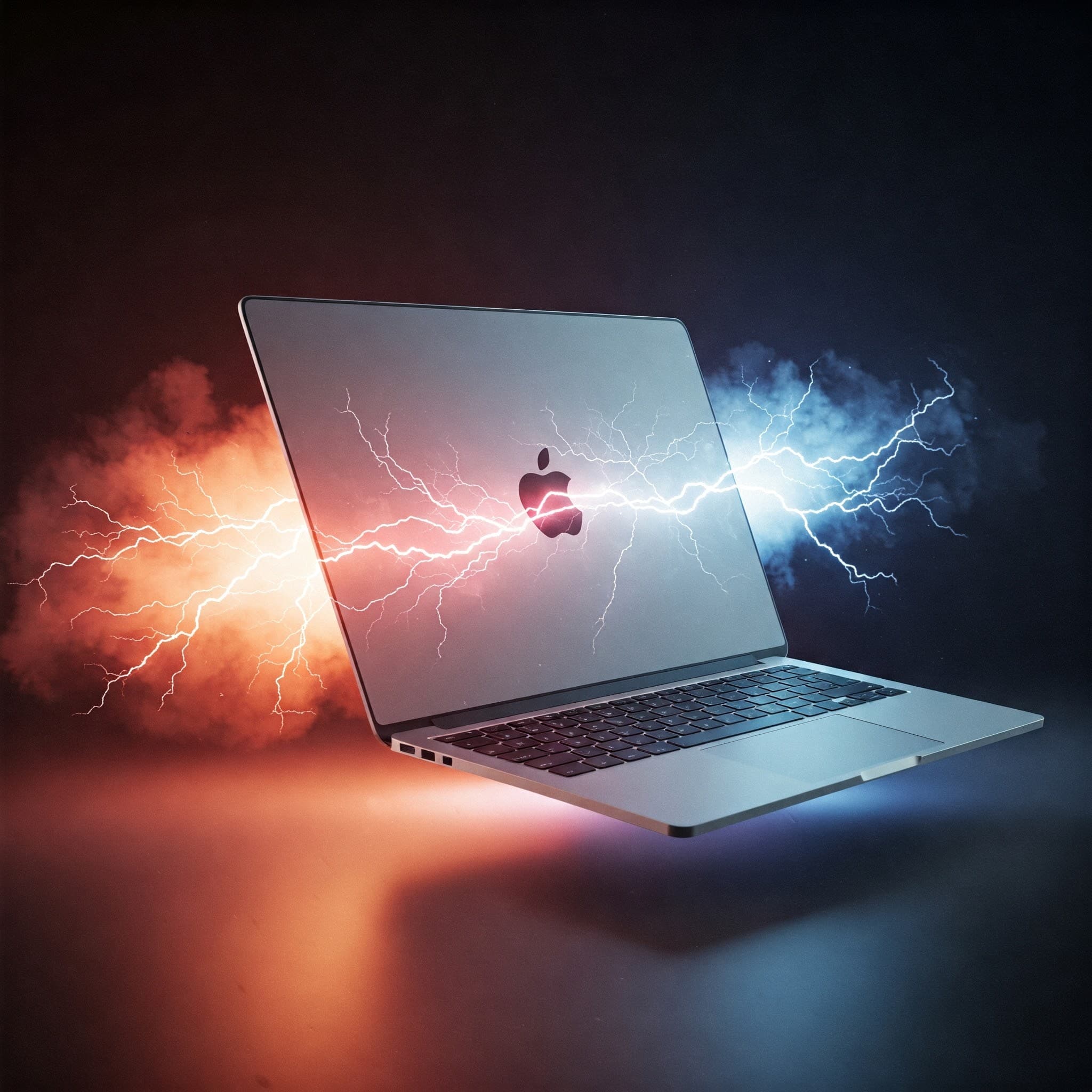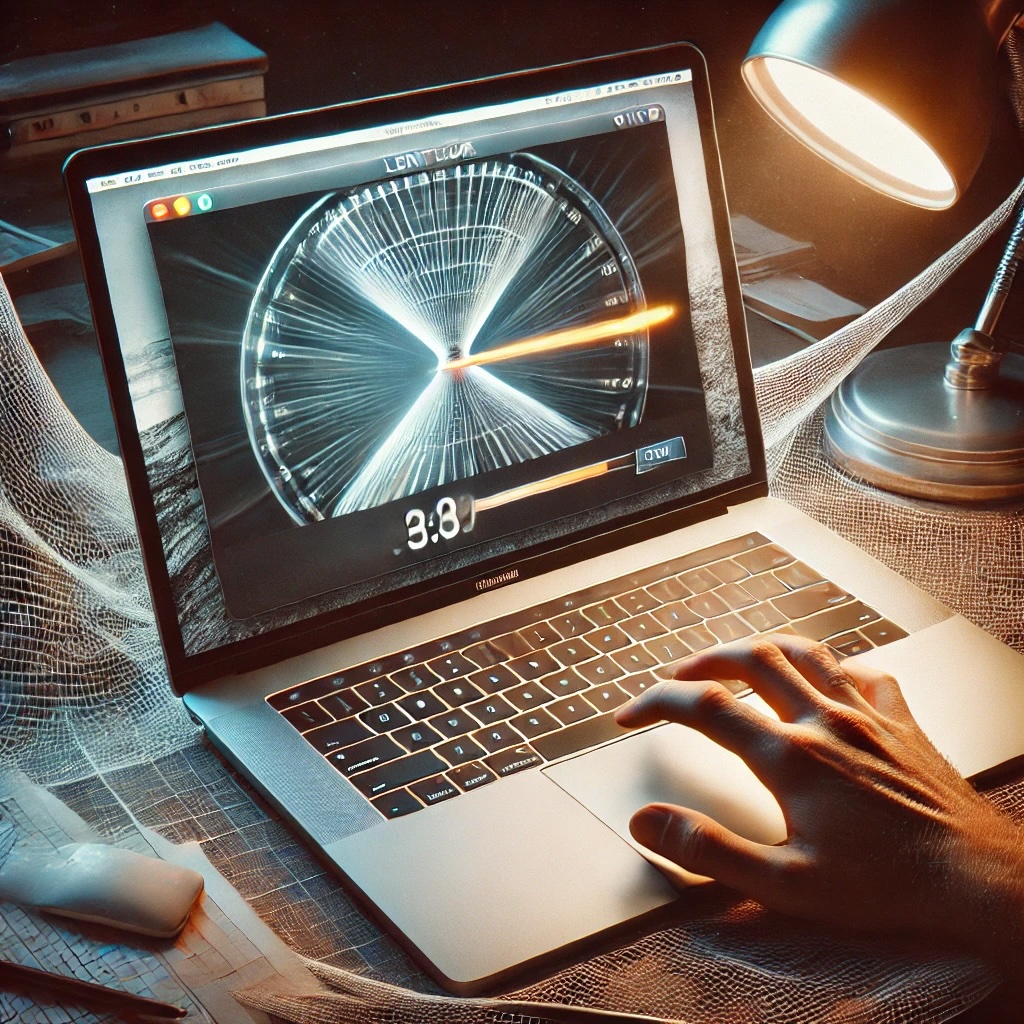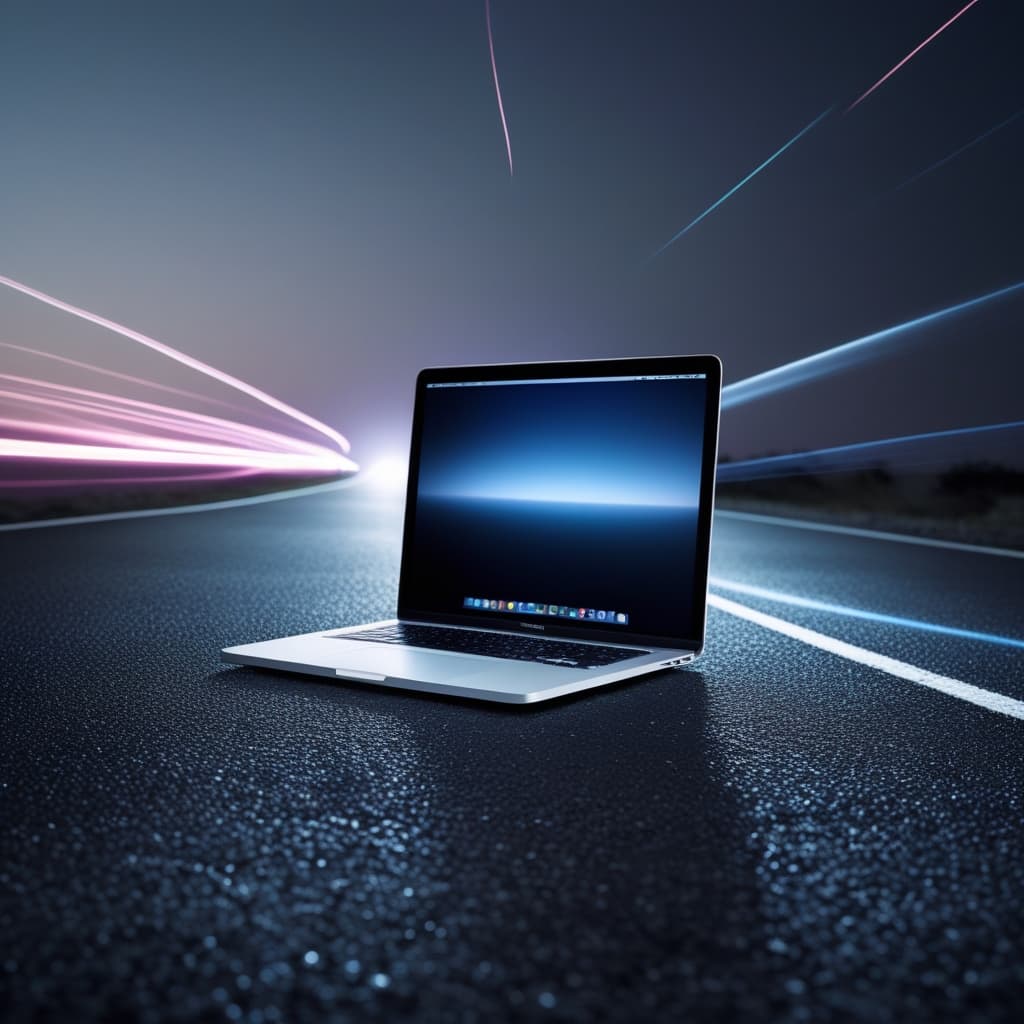1. Finder Taking Forever to Open Folders or Files? 😫
You double-click a folder… and wait. And wait. Sometimes it opens instantly, sometimes it freezes. If Finder is slow on your Mac, it can make your whole workflow feel sluggish and unpredictable.
But don’t worry — it’s a common issue, especially after updates, system migrations, or when drives get too full. The good news? You can fix it quickly. In this guide, I’ll show you the exact steps I use to troubleshoot and speed up Finder for my clients — and you won’t need to be a tech expert to do it.

2. Why Finder Slows Down (And Why It’s Not Always Your Fault) 🧠
Finder is macOS’s file manager — but it also handles previews, storage indexing, external drives, and even iCloud. When any of these parts get overwhelmed, Finder lags. Common culprits include:
- A full or nearly full disk
- Corrupted Finder preferences
- External drives or network shares that aren’t available
- Spotlight indexing issues
- Too many Finder windows or tabs
Now, let’s go fix them one by one.
3. Free Up Storage Space First 💾
If your internal disk is nearly full, your Mac can’t create swap files or manage file previews — and Finder slows to a crawl. To clean up:
- Go to → About This Mac → Storage
- Click “Manage” and follow Apple’s recommendations
- Delete large, old files in Downloads, Trash, and Desktop
💡 Try to keep at least 15–20% of your disk space free. It makes a big difference.
4. Clear Finder Preferences 🧼
Corrupted Finder settings can cause long delays or freezes. Here’s how to reset them:
1. Open Finder
2. Press Cmd + Shift + G and go to: ~/Library/Preferences
3. Find the file: com.apple.finder.plist
4. Move it to your Desktop (as a backup), then restart FinderTo restart Finder, press Cmd + Option + Esc, select Finder, and click “Relaunch.”
5. Disconnect External Drives That Are Slow to Mount
If Finder tries to access an external hard drive or network share that’s disconnected or slow to respond, it will freeze. Eject unused volumes and disconnect them before opening Finder windows.
To prevent Finder from reopening old windows at login, go to System Settings → Desktop & Dock → toggle off “Close windows when quitting an application.”
6. Clean Up Sidebar Shortcuts and Smart Folders
Go to Finder → Settings → Sidebar and uncheck unused shortcuts (like network shares or devices you don’t use anymore). Also remove saved Smart Folders that point to non-existent paths — these can trigger delays.
7. Rebuild Spotlight Index (If Finder Lag Is Search-Related) 🔍
If Finder is slow when you search or open folders, Spotlight could be misbehaving. Here’s how to rebuild the index:
- Go to System Settings → Siri & Spotlight → Spotlight Privacy
- Add your main drive (Macintosh HD), then remove it again
This forces macOS to re-index your entire system. It may take an hour, but performance often improves drastically after.
8. Avoid Folder Overload in Desktop or Downloads 🗂️
If you store thousands of files in one folder (especially Desktop or Downloads), Finder struggles to load previews and organize them. Move rarely-used files into subfolders. Try to limit folders to under 1,000 visible items for best performance.
Extra Tip 💡
Change Finder’s default view to List or Column instead of Gallery. Go to Finder → View → As List. These views are lighter and load faster — especially for image-heavy folders.
🚀 Speed Up Finder Instantly with AppHalt
AppHalt helps keep Finder fast and responsive by pausing heavy apps that compete for resources.
✅ Monitor and reduce background CPU usage
✅ Pause syncing tools and RAM hogs that slow file navigation
✅ Improve responsiveness, even in heavy folders
📥 Want a snappy Finder experience again? Download AppHalt now and explore your Mac at full speed.


